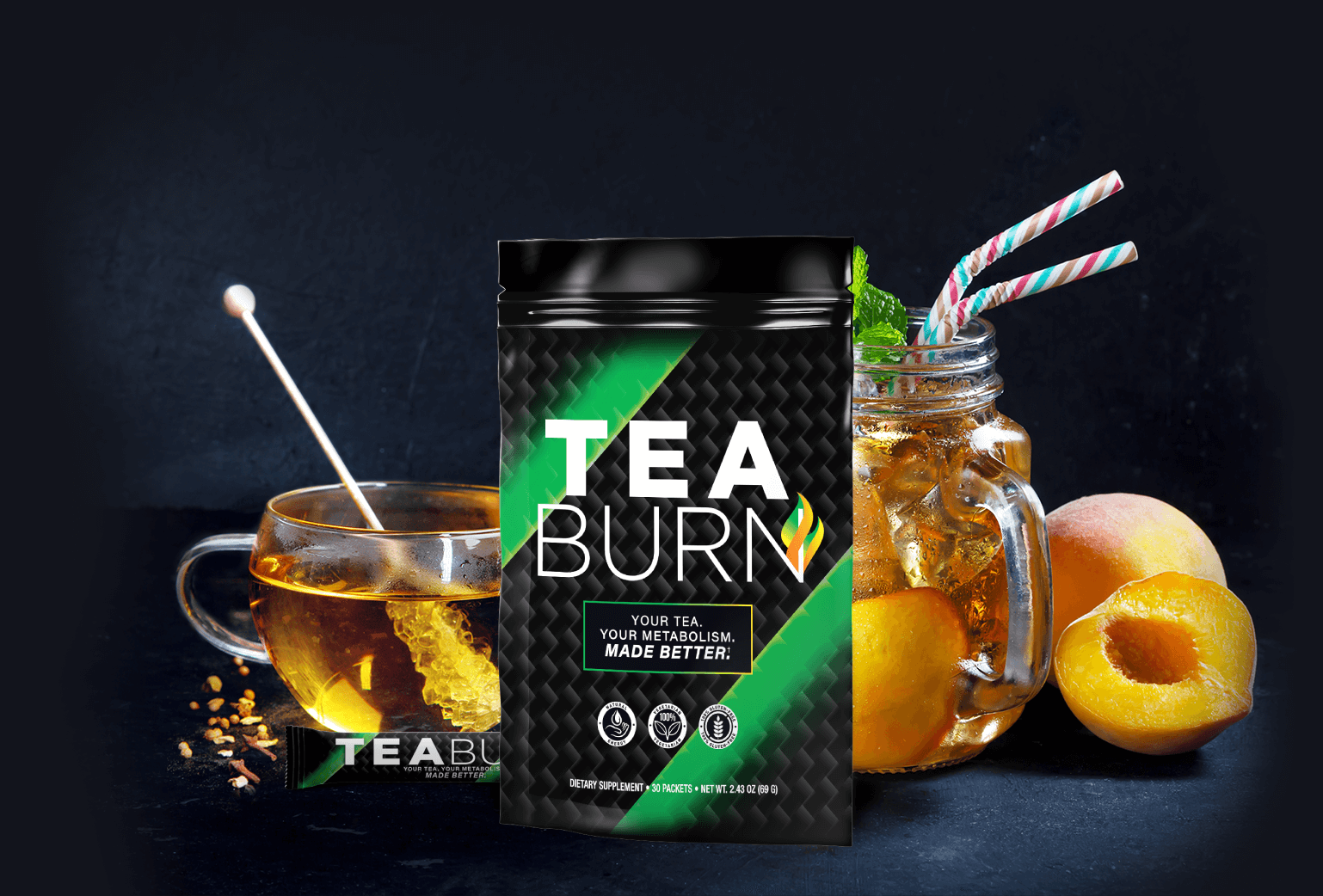If you want to lose weight fast, you need to be on a diet to make sure that you are burning fat and building muscle. One of the best ways to lose weight fast is to join a gym. Gyms come in all shapes and sizes, and there may be a number of gyms in your area. Joining a gym can be expensive, so it is important that you careful consider all of the gyms near to your home in order to pick the very best one possible to meet you weight loss and exercise needs on a daily basis.
What to consider when choosing a gym
The first things you should consider when you are looking at gyms are the trainers. If you will be taking a class or working with a personal trainer, you will want to be sure that you are working with someone who is experienced and will teach you the best habits possible. Unfortunately, in some places there are no set qualifications for trainers, so you should check out gyms that do require training programs of their trainers.
Second, you should also look at the equipment available for your use and the hours the gym is open. A gym that only has one treadmill may not be the best choice, since you may find yourself standing in line for equipment during peak hours. You also may find that your exercise schedule is disrupted if the gym is open odd or short hours. It is very important to find a place that will allow you to have a great workout at a time of day that is convenient for you.
Third, cleanliness should also be of concern. All gyms should provide a tour of their facilities at the very least, or a free trial to check out the gym’s space on your own. If a gym is dirty, you could be susceptible to illnesses as they spread among members at the gym. They should provide a cleaning crew to make sure that the locker rooms are clean, as well as provide antibacterial products to wipe down the machines after workouts. Organization is important too—you do not want to be tripping over weights that are ling on the floor or feel cramped in a sweating high-volume area.
Lastly, you should check out prices. Some gym memberships are by the year while others charge your credit card or send you an invoice every month. Do what works for you. You may end up spending hundreds or thousands of collars on your gym membership, so it is important to find the gym that best suits your needs. Look at the ones closest to your home, but also consider those a bit farther away if they seem better to join.
For more information about a nutrition and training program that focuses exclusively on fast weight loss, visit: The Most Effective Rapid Weight Loss program, WarpSpeedFatLoss.com

